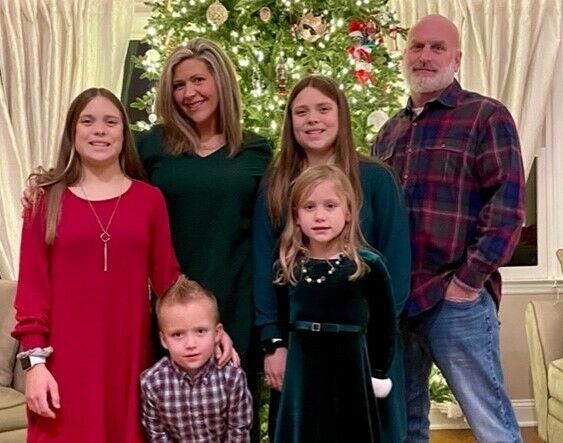
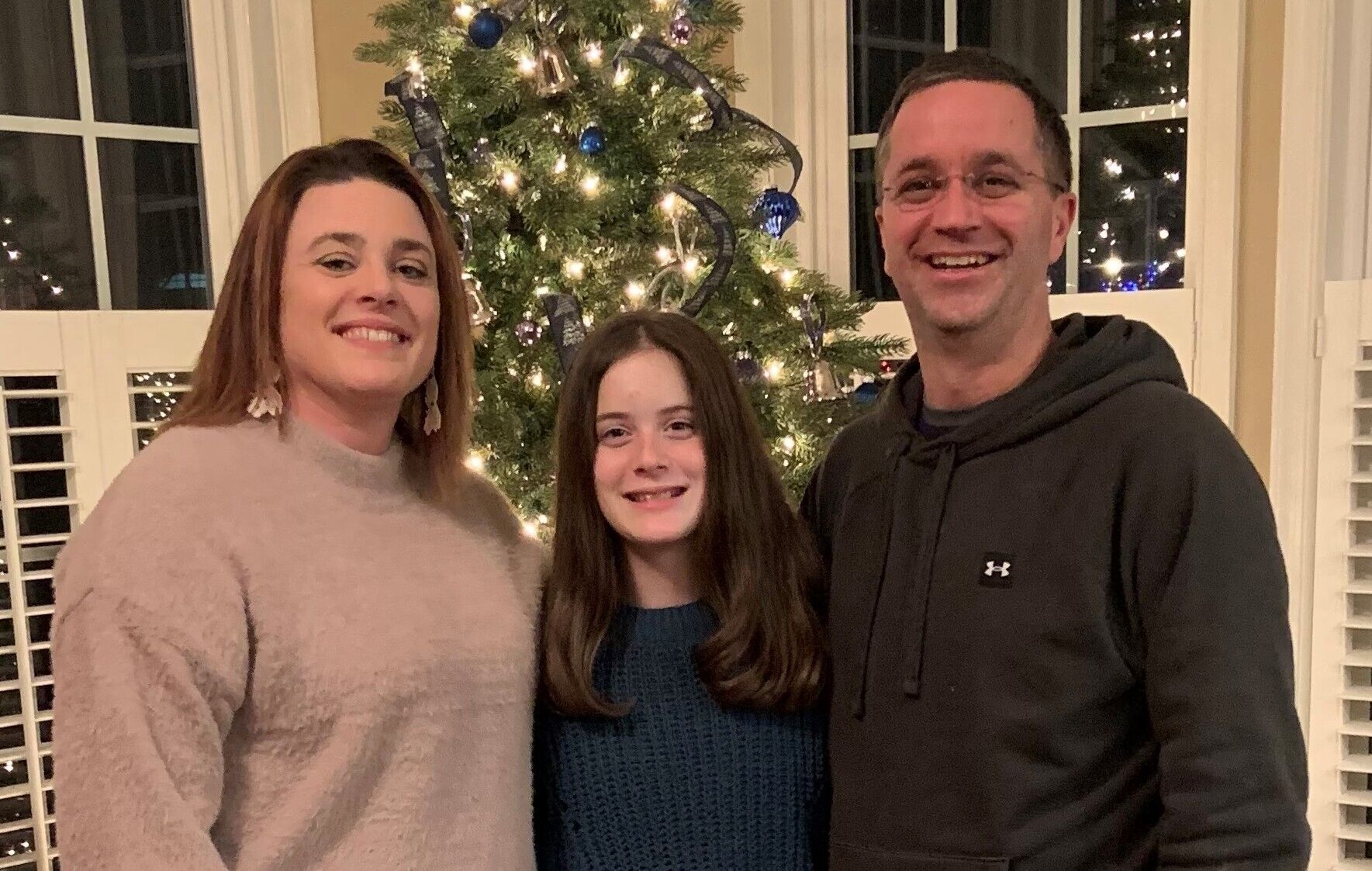
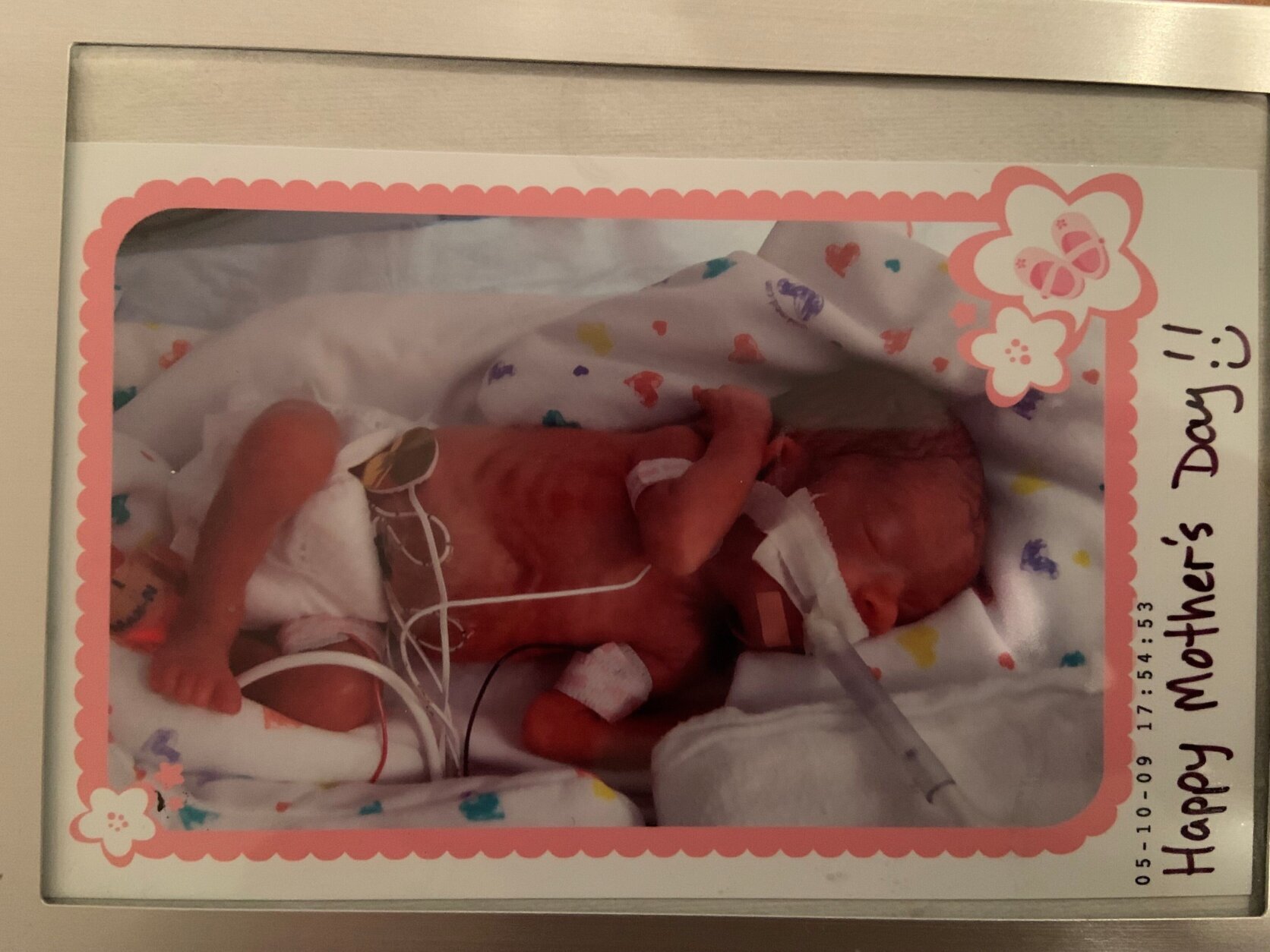
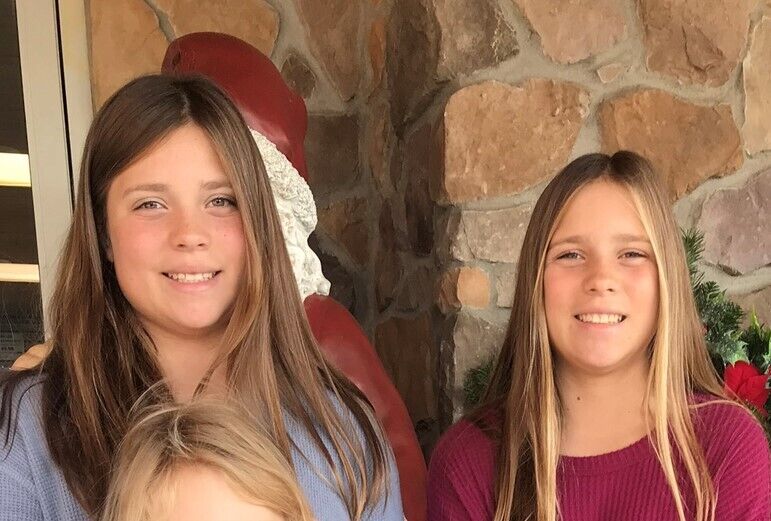
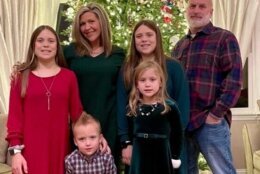
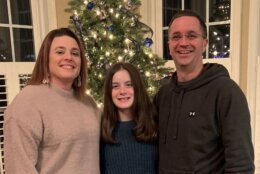
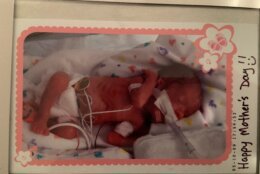

Donate blood and who does it help? It might be the baby born so small her mom described her as looking like a gummy bear or the twin teenagers who need routine transfusions to survive.
“What makes this current blood shortage a true crisis is the fact that we’ve seen a record low blood supply for several months,” said Ashley Henyan of the American Red Cross.
“Normally, the Red Cross maintains a five-day supply of blood but right now, there is less than a one-day supply of certain blood types, putting doctors in the difficult situation of having to choose who gets treatment and who, unfortunately, has to wait for a transfusion,” she said.
Donated blood was available when Rebecca Carrado, of Woodsboro, Maryland, needed an emergency C-section 26 weeks into her pregnancy. She delivered 1-pound, 10-ounces Hayden, who is now 12 years old. But before Hayden was well enough to go home, she needed nine transfusions.
“It never crossed my mind that blood would not be available to save my daughter’s life,” Carrado said. “Luckily, it wasn’t something then that we had to be concerned with. But it is something now. I see the blood shortage today and what’s going on in our country.”
“How impossible it would be to make a bad decision as to who gets blood donated to them to save their life,” she said.
Receiving transfusions of donated blood every two-and-a-half weeks is routine for Sophia and Olivia Dikeman, 13, of Cecil County, Maryland.
The girls, diagnosed with Diamond Blackfan Anemia as toddlers, don’t produce red blood cells on their own. A cure will only come with successful blood marrow or blood stem cell transplants for each of them.
“Without blood donations, it would be a matter of life and death for them,” mom Falon Beck said of the girls who turn 14 next Tuesday.
Talking this week via Zoom, Olivia raised her arm to the camera to show the bruise from Monday’s transfusion. The girls said it’s boring taking four to six hours each time to refuel, but they can bring homework.
“I can feel when I need it,” Sophia said of the transfusions. “I’m tired, not as active and I get headaches a lot too. Not every time. Sometimes I get headaches but not all the time. It depends how low I am.”
Both the girls like playing softball and enjoy playing and watching basketball and golf. Their favorite subject in school is math because it challenges them.
“After I get my blood, I feel like I have energy and I don’t get headaches,” Olivia said.
Sophia and Olivia want to grow up to be nurses like their mother who works in the emergency department; but they want to focus on kids like the nurses who have helped them. Their father, Ernie, is a firefighter. The couple met when Falon was taking in patients Ernie was delivering in ambulances.
“Falon and I met helping other people, and the twins, with their story, are going to be helping other people,” Ernie Beck said. He talked about raising awareness about both the need for blood donations and for people to register to potentially be a match for a blood stem cell donation.
Falon Beck said she’s grateful for people who donate blood.
“My family donates, but I found out today that only 37% of the population is able to donate and of that 37, only 10% actually donate blood,” Falon Beck said.
Carrado and her husband, both City of Frederick police officers, donate blood regularly with Hayden sitting alongside. At 12, she’s too young to donate but knows all about the process and why it’s important.
“It takes a very small amount of time out of your day to give a gift of life and to give blood or platelets that are so desperately needed to keep families safe and healthy and to keep loved ones together,” Rebecca Carrado said.
Much like there’s been a disruption in blood donations, registering people for eligibility to be blood stem cell donors has lagged “tremendously,” said Beth Carrion, an account manager with Be The Match. “You could literally be the cure Olivia and Sophia are looking for.”
People 18 to 40 years old can register for the blood stem cell registry by texting “CURELIVSOPH” to 61474 or by going to the Be The Match website.
Appointments to donate blood with the American Red Cross can be made online. Inova Blood Donor Services also schedules appointments online to collect blood to distribute throughout the D.C. area.








